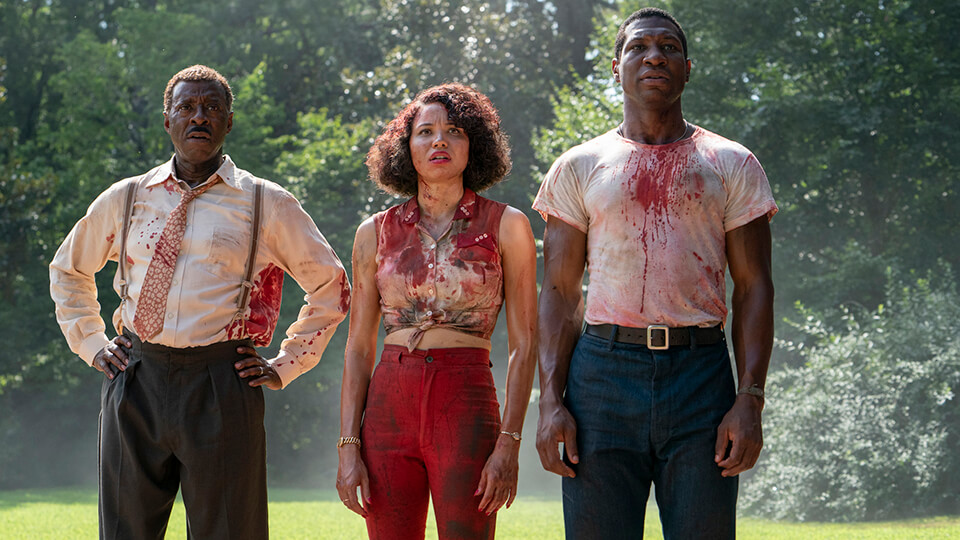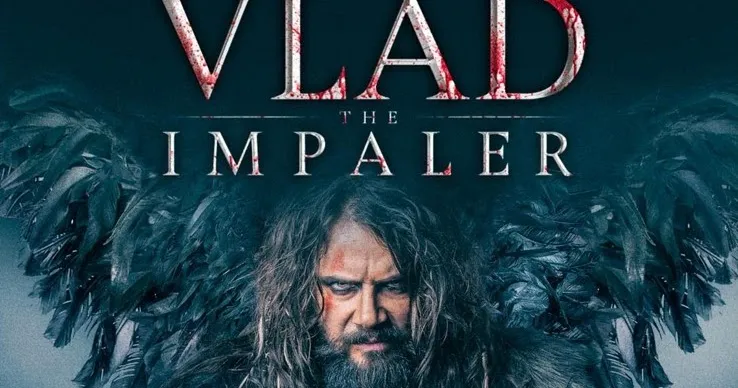Lovecraft Country: A 1950s Horror Tale Rooted in Racial Realities
Lovecraft Country is a genre-blending American television series that aired on HBO in 2020. Based on Matt Ruff’s 2016 novel of the same name, the series was created by Misha Green and produced by Jordan Peele and J.J. Abrams. While it features monsters, magic, and mystery, the true terror at its core is America's historical and systemic racism. The show uses horror not just to scare, but to expose and critique the enduring legacy of white supremacy in the United States.
Setting and Background

The series takes place in 1950s Jim Crow America, a time when segregation laws and deep-rooted racism were legally and socially entrenched. African Americans were subject to routine discrimination, violence, and second-class citizenship, particularly in the South. This historical context is critical, as it becomes a framework for the supernatural events that unfold.
By setting its story in this era, Lovecraft Country directly confronts the racist legacy of H.P. Lovecraft himself. Though widely regarded as a master of horror and weird fiction, Lovecraft was notorious for his openly racist views, which often permeated his work. The series reclaims and repurposes Lovecraftian horror by placing Black protagonists at the center of the narrative, turning the genre’s traditional assumptions on their head.
Plot Overview

The story begins with Atticus Freeman (played by Jonathan Majors), a young Black man and Korean War veteran, returning to Chicago after receiving a letter from his missing father, Montrose (played by Michael K. Williams). The letter leads Atticus, along with his uncle George (Courtney B. Vance) and childhood friend Letitia "Leti" Lewis (Jurnee Smollett), on a road trip to Ardham, Massachusetts — a fictional town with dark secrets tied to Atticus's ancestry.
Their journey through the segregated landscape is fraught with danger, from hostile law enforcement to violent white citizens. But the real horror begins when they encounter magical cults, shape-shifting creatures, haunted houses, and ancient spells. The town of Ardham turns out to be the home of the Sons of Adam, a secretive white supremacist magical order with connections to Atticus’s bloodline.
Each episode of Lovecraft Country feels like a mini-movie, exploring different subgenres of horror and science fiction — from haunted houses and body horror to time travel and cosmic terror. The narrative doesn’t follow a strictly linear path; instead, it unfolds as an anthology-like structure where different characters take the spotlight, and new dimensions of the central mystery are revealed.
Themes

While the supernatural elements provide suspense and spectacle, the true power of Lovecraft Country lies in its social commentary. The show explores numerous themes, including:
-
Racism and White Supremacy: The characters’ encounters with literal monsters often mirror their experiences with racist humans. From “sunset towns” where Black people are not allowed after dark, to segregated public spaces and systemic violence, the series constantly reminds viewers that the real horrors are human-made.
-
Historical Reclamation: The show incorporates real historical events and figures, such as the Tulsa Race Massacre of 1921 and the murder of Emmett Till. By doing so, it both educates and honors the forgotten or misrepresented histories of African Americans.
-
Family and Identity: The show delves deeply into the idea of legacy — both familial and cultural. Atticus’s journey is as much about understanding his ancestry and breaking generational curses as it is about fighting literal demons.
-
Gender and Sexuality: Lovecraft Country features complex female characters who challenge stereotypes. Leti is brave and independent; Hippolyta (Aunjanue Ellis), George’s wife, goes on a cosmic journey of self-discovery that defies the limitations placed on Black women. Even Montrose's sexuality becomes a crucial subplot, exploring the intersection of Blackness, masculinity, and queerness.
-
Power and Magic: Magic in the series is both a metaphor and a literal tool — often wielded by white characters who see it as their birthright. For the Black characters, gaining magical power is a way of reclaiming agency, rewriting history, and achieving justice in a world that constantly denies them both.
Characters
-
Atticus Freeman is a war veteran and avid reader who becomes the unwilling heir to a magical legacy tied to his white ancestors.
-
Letitia Lewis is a photographer and activist who purchases a haunted house in a white neighborhood, challenging both ghosts and gentrification.
-
Montrose Freeman is Atticus’s estranged father, a deeply traumatized man whose complex past slowly unravels.
-
Hippolyta Freeman is a widowed mother who transforms from a grieving housewife into a cosmic explorer.
-
Ruby Baptiste is Leti’s half-sister, who enters into a Faustian bargain to escape the limitations of her identity.
-
Christina Braithwhite (Abbey Lee) is the main antagonist, a white sorceress who manipulates magic and people in pursuit of immortality.
Visual and Narrative Style
Lovecraft Country is visually rich and stylistically bold. It uses modern music (like hip hop and spoken-word poetry) alongside period-accurate costumes and sets to create a surreal, anachronistic atmosphere. The show also blends real footage and events into the narrative, creating a sense of historical immediacy.
Director Misha Green and her team employ a mix of horror tropes and Afrofuturist aesthetics to challenge the genre's norms. The show does not shy away from gore or shock, but it also offers moments of joy, resilience, and transcendence — something rare in stories about Black trauma.
Reception
Critics praised Lovecraft Country for its ambitious storytelling, strong performances (particularly from Jonathan Majors and Jurnee Smollett), and willingness to tackle difficult themes. The show was nominated for 20 Primetime Emmy Awards, including Outstanding Drama Series, and won several awards for writing, directing, and acting.
However, the show was not without its controversies. Some viewers felt the series was inconsistent in tone or too densely packed with ideas. Others criticized its depiction of certain historical moments as exploitative. Despite its popularity and critical acclaim, HBO announced in 2021 that it would not renew the show for a second season, citing creative differences.
Legacy
Despite its short run, Lovecraft Country left a significant mark on television. It challenged the horror genre to be more inclusive, thoughtful, and politically aware. It also paved the way for future shows that aim to explore Black history and identity through speculative fiction.
In many ways, Lovecraft Country is not just a horror series — it's a historical reckoning, a cultural critique, and a reimagining of what Black storytelling can look like when given the space and resources to flourish.


-1751523665-q80.webp)
